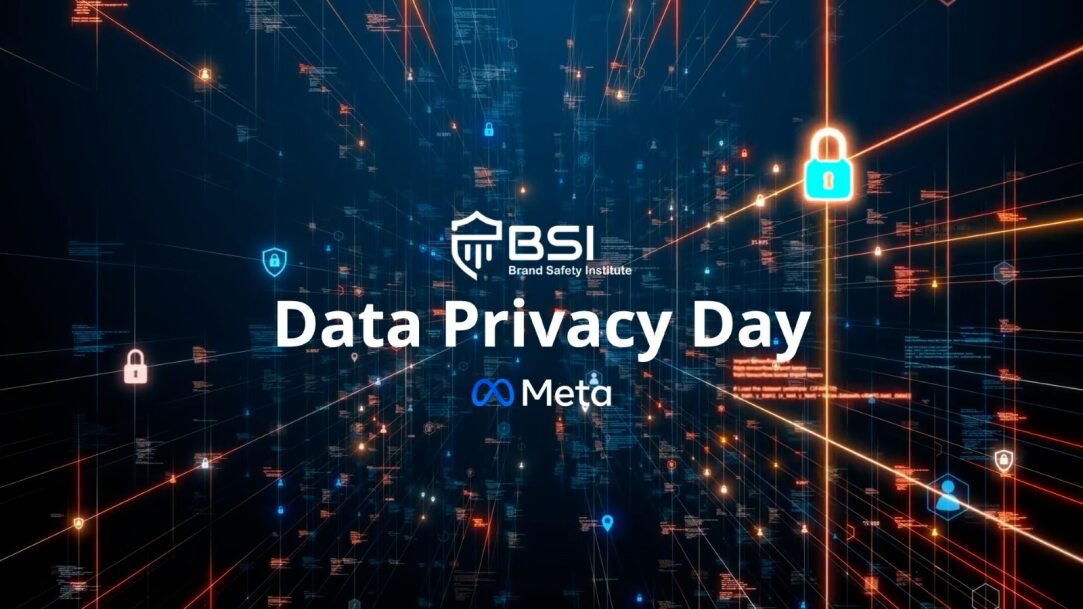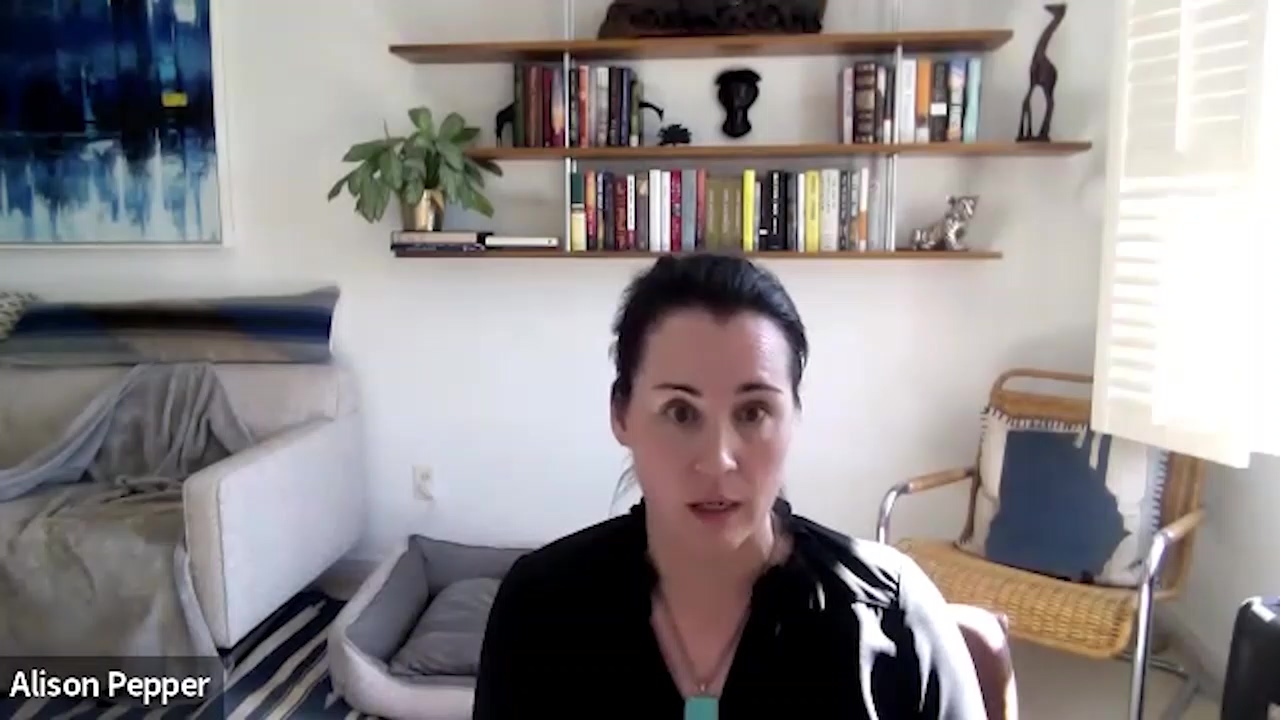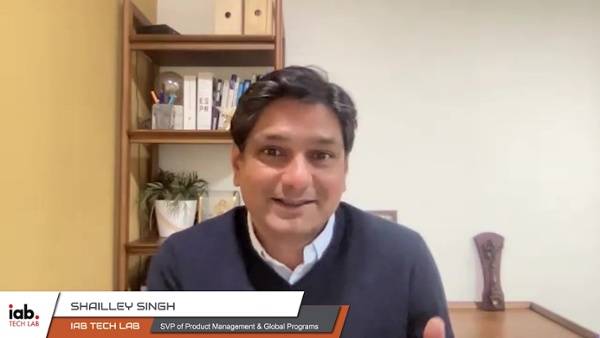Consumer Privacy & Safety
Good privacy practices are good brand safety
Consumer privacy is becoming an ever more prevalent part of the daily discussion of brand safety. It’s no longer a question of if or even when brands will need to address consumer privacy, but how. And it’s not just brands that need to be thinking about data privacy; given the pending regulations, publishers, and platforms are on the hook as well.
Efforts to address consumer privacy start with answering some basic questions:
- What data is being collected?
- Which data is subject to privacy regulation in the areas where your business is conducted?
- And how is that data handled and protected?
The damage from a privacy breach may well be more catastrophic for a brand and/or a publisher than the brand suitability issues that arise from a questionable ad placement. Industry players that take privacy seriously now will build consumer trust that can sustain their brand safety efforts for many years to come.
Fortunately, industry standards are being developed that will enable companies to address regulations across a wide swath of jurisdictions around the globe.
Consumer Safety: Avoiding Piracy & Malvertising
Creators of entertainment and luxury goods face an additional challenge in their brand safety efforts. Because their products are so highly desired by consumers, consumers will fall prey to traps set up by thieves to trick them and send them down a rabbit hole.
Pirates focus on stealing content and setting up fake commerce sites to separate people from their money, Redirecting people to fake sites or setting up fake e-stores to capitalize on consumer enthusiasm for brands is critically damaging to both brands and the consumer who love those brands. “This year there is a real push to understand the ad- supported piracy landscape” says one marketer in this group of advertisers. “In this regard, we are the canary in the coal mine.
Copyright infringement is about the importance owning, and therefore protecting, intellectual capital and requires a regular pulse check because there is nothing static about theft. Pirates are constantly on the move”. These pulse checks require highly skilled (and patient) specialists of a forensic nature, investigating piracy across a multitude of fake sites, ecommerce/e-stores, and apps. It takes poking around endlessly to discover them and may be months to get conclusive evidence to take action and/or involve local authorities. Protecting highly valuable goods and services requires vigilance and retained services to find and take down pirate content.
BSI Spotlight
Resources
Data Privacy Laws
Get a breakdown of the most prominent trends shaping the future of data protection and what they mean for your organization moving into next year.
Data privacy laws are multiplying as concerns grow over data protection. Read about existing laws and learn about new rules going into effect in 2026.
States and countries are rapidly enacting data privacy laws. Learn about new laws and how they might impact your business operations in 2025 and beyond.
Nineteen states have followed the lead of California and passed consumer privacy laws. Three went into effect this year and eight will become effective in 2025.
Publishers are in the business of selling their readers’ attention to advertisers. But they should reposition themselves as champions of data dignity.
Learn From the Experts

In celebration of Data Privacy Day, BSI has partnered with Meta to encourage the digital advertising industry and brand safety community to be better stewards of consumers’ data and experiences.

Read what Christine Desrosiers, Director of Product management at Boltive, and Rachel Glasser, chief privacy officer of Magnite, recommend for marketers to build the trust that will drive revenue.

Rachel Glasser, Alison Pepper, and Richy Glassberg talk about privacy in the digital advertising ecosystem and why protecting consumer data is such a central part of brand safety now.

Amit Shetty, VP Product Management Ad Fraud Platform at Pixalate, explains the challenges raised by apps when it comes to child safety, and how both fraud and privacy are important from a brand safety perspective.

Shailley Singh, Senior Vice President of Product Management and Global Programs for the IAB Tech Lab, discusses the Global Privacy Platform the IAB Tech Lab has launched to make it possible for the digital ad ecosystem to address privacy efforts worldwide.
